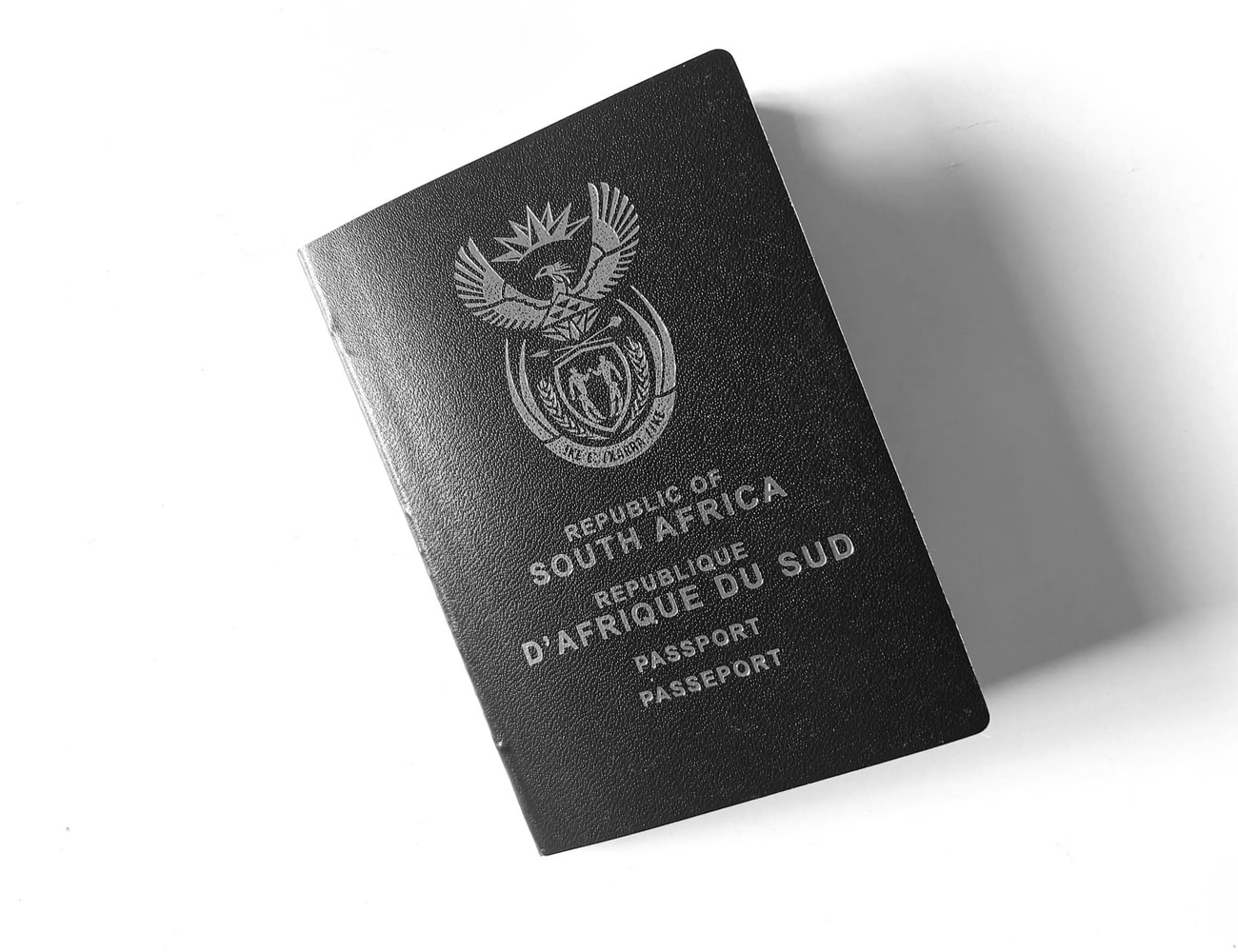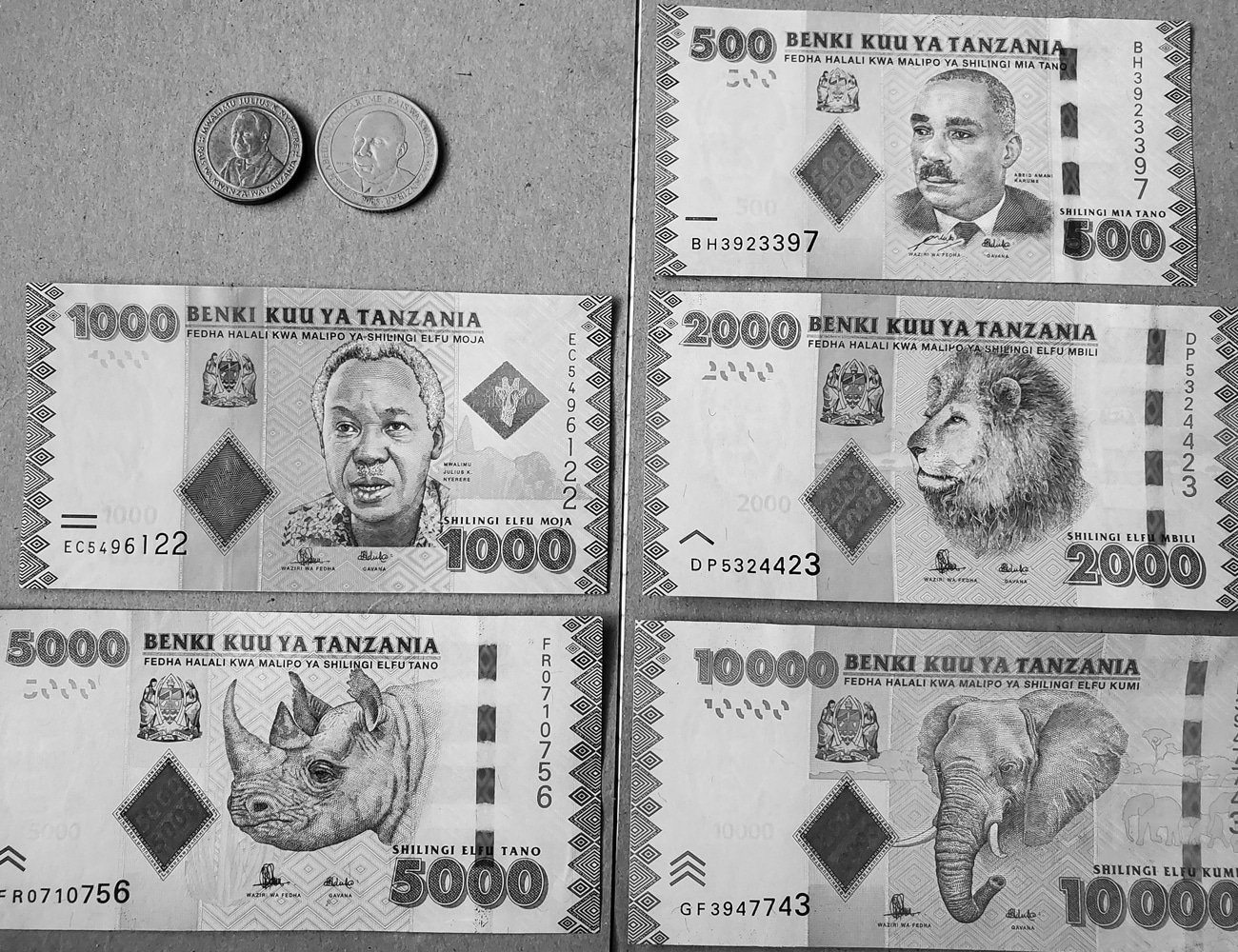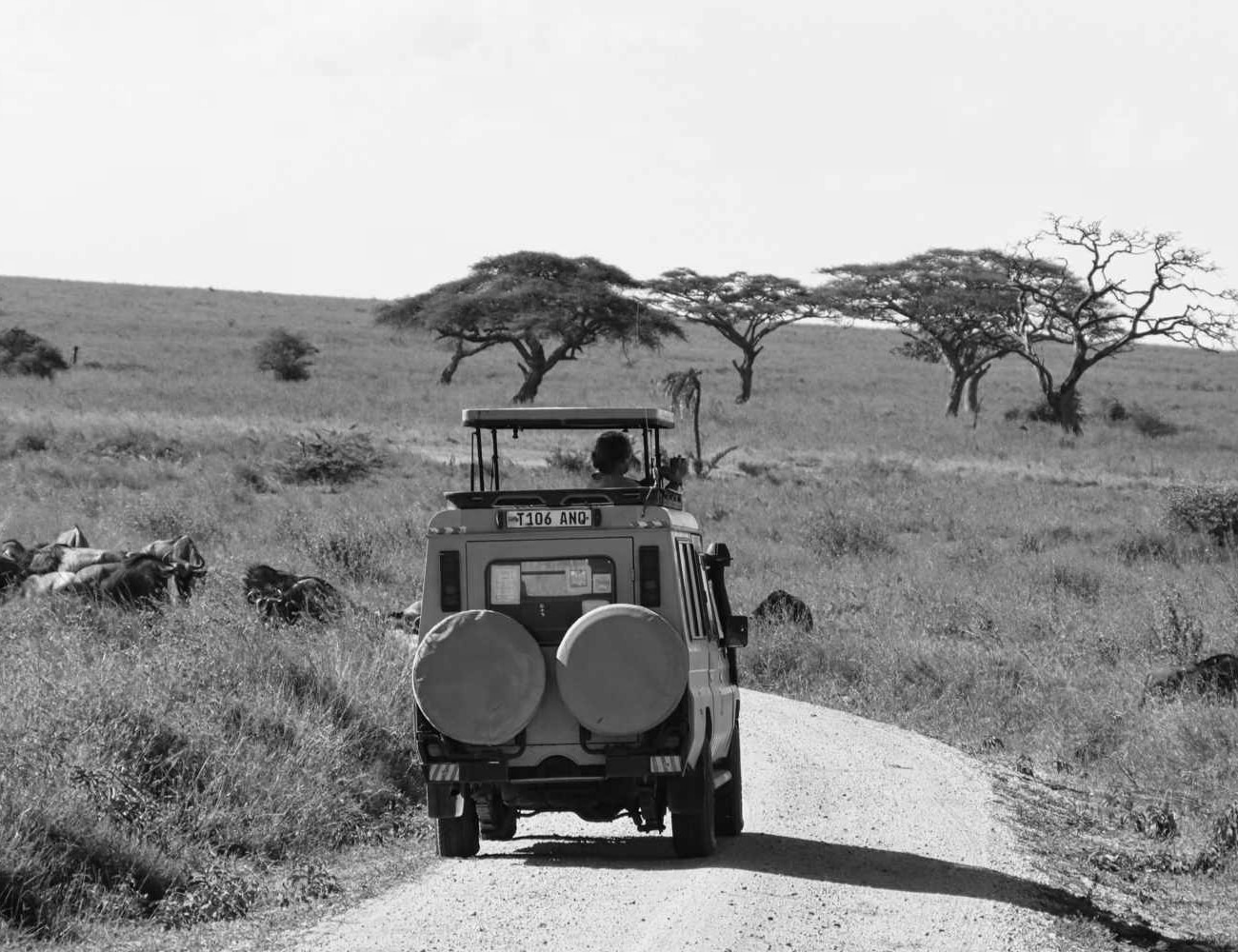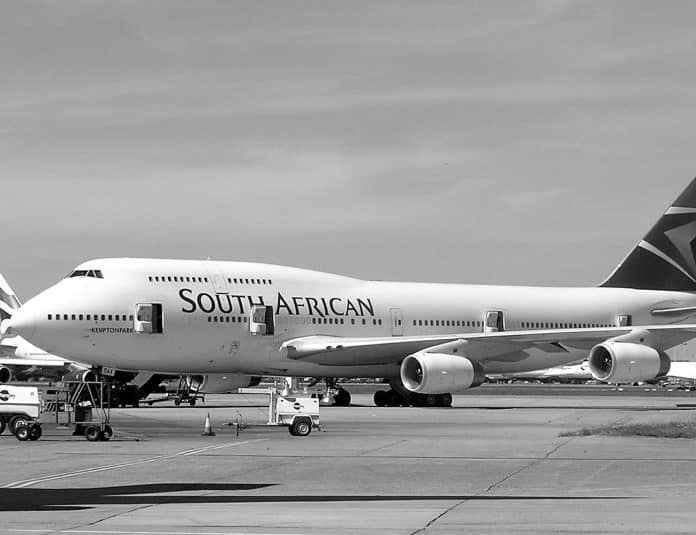Planning a Memorable Trip from South Africa to Tanzania? Here’s What You Need to Know about Travel Requirements
Embarking on a trip from South Africa to Tanzania is a thrilling adventure filled with diverse landscapes and incredible wildlife encounters. Whether you’re planning a self-drive safari through the Serengeti or looking forward to relaxing on the pristine beaches of Zanzibar, it’s important to be well-prepared and informed about the travel requirements for a seamless journey.
In this article, we’ll walk you through everything you need to know about travel requirements for Tanzania from South Africa. From visa regulations and passport validity to health precautions and transportation options, we’ve got you covered. We’ll also provide you with some valuable tips and recommendations to make your trip truly unforgettable.
So, if you’re dreaming of exploring the Ngorongoro Crater or witnessing the Great Wildebeest Migration, keep reading. By the end of this article, you’ll have all the information you need to plan a memorable journey from South Africa to Tanzania, ensuring no surprises await you along the way. So, let’s begin the adventure of a lifetime!
Visa requirements for South African travelers

One of the first travel requirements for Tanzania from South Africa that you need to consider when planning your trip is getting a valid visa. As a South African traveler, you will need a visa to enter Tanzania. Fortunately, the process is relatively straightforward, and there are a few different options available to you.
The most common type of visa for Tanzania is the tourist visa, which allows you to stay in the country for up to 90 days. You can obtain this visa either in advance from the Tanzanian embassy or consulate in South Africa or upon arrival at the airport in Tanzania. It’s worth noting that obtaining the visa in advance can save you time and potential hassle upon arrival.
If you choose to obtain your visa upon arrival, you will need to have a valid passport with at least six months of validity remaining. You’ll also need to provide proof of accommodation and a return ticket. Additionally, it’s advisable to carry sufficient cash in US dollars to pay for the visa fee, as credit card payment options may be limited. It’s important to check the latest visa requirements and fees before your trip to ensure a smooth entry into Tanzania.
Passport validity and other travel document requirements
Another valuable travel requirements for Tanzania from South Africa is to have a valid passport with at least six months of validity remaining. This requirement is standard for most international travel and ensures that you won’t encounter any issues during your trip.
In addition to a valid passport, it’s also recommended to make copies of your travel documents, including your passport, visa, and any other important identification. Keep these copies in a separate location from your originals, such as in a safe deposit box or with a trusted friend or family member. This extra precaution can be helpful in case your documents are lost or stolen while traveling.
Furthermore, it’s a good idea to have travel insurance that covers medical expenses, trip cancellation, and lost or stolen belongings. While it’s not a travel requirement per se, having comprehensive travel insurance can provide peace of mind and protect you financially in case of any unforeseen circumstances.
Vaccinations and health precautions for traveling to Tanzania

Before embarking on your trip, one of the vital travel requirements for Tanzania from South Africa is to ensure that you are up to date with routine vaccinations, such as measles, mumps, rubella, and diphtheria-tetanus-pertussis. These vaccinations are recommended for all travelers, regardless of their destination.
In addition to routine vaccinations, several vaccinations and health precautions are specifically recommended for travel to Tanzania. These include vaccinations for hepatitis A and B, typhoid, and yellow fever. Yellow fever vaccination is particularly important, as Tanzania requires a valid yellow fever vaccination certificate from travelers arriving from countries with a risk of yellow fever transmission.
It’s also advisable to take precautions to prevent mosquito-borne illnesses such as malaria. This includes using insect repellent, wearing long sleeves and pants, and sleeping under mosquito nets. It’s recommended to consult with a healthcare professional or travel clinic at least four to six weeks before your trip to ensure you have the necessary vaccinations and medications for a safe and healthy journey.
Currency and money exchange information

When traveling from South Africa to Tanzania, the official currency used in Tanzania is the Tanzanian Shilling (TZS). It’s important to note that the Tanzanian Shilling is a closed currency, which means that it’s not widely available outside of Tanzania. Therefore, it’s advisable to exchange your South African Rand for Tanzanian Shillings upon arrival in Tanzania.
Tanzania has a well-established banking system, and you can exchange currency at banks, authorized exchange bureaus, or hotels. It’s recommended to exchange your money at official exchange bureaus or banks for the best rates and to avoid counterfeit currency. It’s also a good idea to carry some US dollars in cash, as they are widely accepted in tourist areas and can be used as an alternative currency.
Credit cards are accepted in larger establishments such as hotels, restaurants, and some shops, but it’s always useful to have cash on hand for smaller businesses and markets. ATMs are also available in major cities and towns, but it’s advisable to notify your bank of your travel plans and check for any associated fees or restrictions before using your card abroad.
Transportation options from South Africa to Tanzania
There are several transportation options available for travelers planning a trip from South Africa to Tanzania. The most common and convenient way to reach Tanzania from South Africa is by air. Many major airlines offer direct flights from Johannesburg or Cape Town to Kilimanjaro International Airport or Julius Nyerere International Airport in Dar es Salaam.
If you prefer a more adventurous journey, you can also consider a road trip from South Africa to Tanzania. This option allows you to experience the stunning landscapes and diverse cultures along the way. However, it’s important to note that this option requires careful planning, as it involves crossing multiple borders and may require additional visas and permits.
Another popular transportation option is to join an overland tour or safari. These guided tours provide a hassle-free way to explore multiple destinations and offer a range of activities and accommodations to suit different budgets and preferences. Overland tours often include transportation, accommodation, meals, and activities, making them a convenient and comprehensive option for travelers.
Popular tourist attractions in Tanzania
Tanzania is a country rich in natural beauty and cultural heritage, offering a wide range of attractions for every type of traveler. Here are a few popular tourist destinations that you shouldn’t miss during your trip from South Africa to Tanzania:
- Serengeti National Park: Known for its vast savannahs and the annual Great Wildebeest Migration, the Serengeti National Park is a must-visit for wildlife enthusiasts.
- Ngorongoro Crater: This UNESCO World Heritage Site is an impressive natural wonder, often referred to as the “Eighth Wonder of the World.” It’s the world’s largest intact volcanic caldera and is home to a diverse array of wildlife.
- Mount Kilimanjaro: If you’re up for a challenge, consider climbing Mount Kilimanjaro, Africa’s highest peak. The trek to the summit offers breathtaking views and a sense of accomplishment.
- Zanzibar: After your wildlife adventure, head to the idyllic island of Zanzibar for some relaxation on the pristine beaches and exploration of the historic Stone Town.

These are just a few highlights, and Tanzania has much more to offer, including the Selous Game Reserve, Tarangire National Park, and Lake Manyara National Park. Whether you’re a nature lover, history buff, or simply seeking a unique cultural experience, Tanzania has something for everyone.
Safety and security tips for travelers
While Tanzania is generally a safe country for travelers, it’s always important to take precautions to ensure your safety and security during your trip. Here are some tips to keep in mind:
- Stay informed: Before and during your trip, stay updated on the latest travel advisories and safety information for Tanzania. Register with your country’s embassy or consulate to receive important updates and assistance if needed.
- Be cautious with your belongings: Keep your valuables, including passports, money, and electronics, secure at all times. Use a money belt or a secure bag to minimize the risk of theft.
- Respect local customs and traditions: Tanzania is a culturally diverse country with rich traditions. Be respectful of local customs, dress modestly, and ask for permission before taking photographs of local people.
- Use reliable transportation and accommodation: Choose reputable transportation providers and accommodations with good reviews and recommendations. Avoid accepting rides from unlicensed taxis or staying in unregistered establishments.
- Practice basic safety measures: Take basic safety precautions, such as avoiding isolated areas at night, using well-lit and busy streets, and being aware of your surroundings.
By following these safety tips and using common sense, you can enjoy a safe and memorable trip to Tanzania.
Local customs and etiquette in Tanzania
Tanzania is a country with diverse cultures and traditions, and it’s important to be aware of and respect local customs and etiquette during your visit. Here are a few key points to keep in mind:
- Greetings: Tanzanians are generally friendly and polite. It’s customary to greet people with a handshake and a smile. When meeting someone for the first time, it’s polite to use their formal title and last name.
- Dress code: Tanzanians value modesty, especially in rural areas and when visiting religious sites. It’s advisable to dress conservatively, covering your shoulders and knees, and avoiding revealing or tight-fitting clothing.
- Time and punctuality: Tanzanians have a more relaxed approach to time, and it’s common for schedules to be flexible. However, it’s still important to be punctual for scheduled activities or meetings.
- Photography: Always ask for permission before taking photographs of local people or their homes. Some cultures may have specific beliefs or customs regarding photography, so it’s important to respect their wishes.
- Tipping: Tipping is not mandatory in Tanzania, but it’s appreciated for good service. It’s customary to tip hotel staff, guides, and drivers, typically around 10% of the bill or service charge.
By being respectful and mindful of local customs, you can foster positive interactions and create meaningful connections with the people of Tanzania.
Final tips for a successful trip from South Africa to Tanzania
Planning a trip from South Africa to Tanzania is an exciting endeavor that requires careful preparation and consideration of travel requirements. From visa regulations and passport validity to health precautions and transportation options, it’s essential to be well-informed to ensure a smooth and memorable journey.
Remember to check the latest travel requirements for Tanzania from South Africa on the official website, ensure your passport has sufficient validity, and consider necessary vaccinations and health precautions. Familiarize yourself with the local currency and exchange options, and choose a transportation method that suits your preferences and budget.
Once in Tanzania, explore the country’s incredible wildlife and natural wonders, such as the Serengeti National Park, Ngorongoro Crater, and Mount Kilimanjaro. Respect local customs and traditions, and practice basic safety measures to ensure a safe and enjoyable trip.
By following these tips and recommendations, you’ll be well-prepared to embark on a memorable journey from South Africa to Tanzania. So pack your bags, embrace the adventure, and get ready to create unforgettable memories in this beautiful East African country. Safe travels!
For more articles related to Tanzania Immigration, click here!


































